Citing statistics from the General Department of Customs, the Import-Export Department ( Ministry of Industry and Trade ) said that in the first two months of 2024, tea exports reached 17.7 thousand tons, worth 29.2 million USD, up 30.6% in volume and 29.3% in value over the same period in 2023. In the first two months of 2024, the average export price of tea reached 1,652.8 USD/ton, down 1% over the same period in 2023.
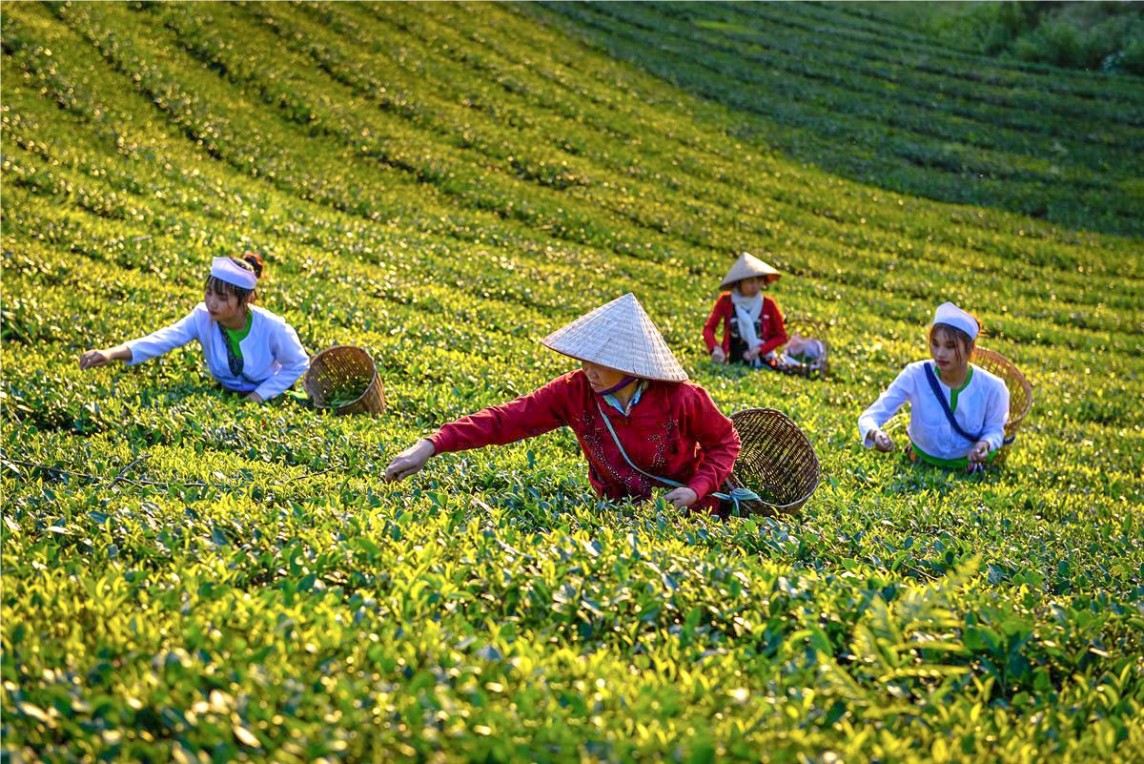 |
| In the first two months of 2024, Pakistan was Vietnam's number 1 tea export market, reaching 5,500 tons, worth 10.9 million USD, up 2.9% in volume and 16.2% in value over the same period. Illustrative photo |
Regarding export markets, in the first two months of 2024, tea exports to major markets all grew positively. Leading the way were exports to the Pakistani market reaching 5,500 tons, worth 10.9 million USD, up 2.9% in volume and 16.2% in value over the same period in 2023; followed by the Taiwanese market reaching 1,800 tons, worth 2.8 million USD, up 21.8% in volume and 16.2% in value; the US market reaching 1,200 tons, worth 1.6 million USD, up 103% in volume and 105.1% in value; Indonesia reaching 1,060 tons, worth 1.06 million USD, up 9.2% in volume and 3% in value...
While tea exports to major markets tend to grow positively, tea exports to some other markets decrease such as Russia, Saudi Arabia, Iraq...
According to data from the Vietnam Trade Office in Pakistan, the main Vietnamese exports to the Pakistani market are: Tea; textile fibers and yarns of all kinds; pepper; iron and steel of all kinds; seafood; rubber; cashew nuts; cassava and cassava products; chemical products; iron and steel products; phones and components; machinery and equipment; means of transport...
Vietnam imports from this market goods such as: Fabrics of all kinds; textile, garment, leather and footwear materials; textile fibers and yarns of all kinds; pharmaceuticals; cotton of all kinds...
Ms. Nguyen Thi Diep Ha - Head of Vietnam Trade Office in Pakistan said that Pakistan is a tea-drinking country. Pakistan's average tea consumption per capita is about 1.5 kg/year. Therefore, to meet the domestic consumption demand, this country needs to import a large amount of tea. In recent years, the output of tea imported from Vietnam by Pakistan has been increasing rapidly year by year. Notably, the type of tea exported mainly to Pakistan is black tea, which is also the main type of tea exported by Vietnam with about 80% of total export output.
However, the Vietnam Trade Office in Pakistan believes that although it is one of the large markets, due to many barriers, especially the lack of market information, Vietnamese tea businesses find it difficult to access and have large orders with Pakistani businesses.
Not to mention, in 2024, Vietnam's goods exports to this market will continue to face many challenges because the country's economy is still facing many difficulties due to policy instability, complex administrative systems, import restriction policies, etc.
Therefore, to expand the market share of goods exported to Pakistan, the Vietnam Trade Office in this country recommends that Vietnamese enterprises need to increase and promote goods, and seek opportunities for trade cooperation through international fairs and exhibitions.
The Trade Office notes that businesses should seek partners through official trade channels such as: participating in trade promotion programs, attending international fairs and exhibitions; participating in business forums, direct trade meetings or through introductions from trade promotion agencies.
Regarding tea, Ms. Nguyen Thi Diep Ha recommends that domestic agencies encourage businesses and cooperatives to develop growing areas for these plants to maintain stable supply output; establish industry associations and branches in localities to avoid price pressure.
Pakistan is a market that is not strict about quality, does not have overly complicated regulations on technical standards, animal and plant quarantine standards, food hygiene and safety standards, environmental protection standards, traceability standards, labor standards... However, the security and political situation in Pakistan is currently very complicated, and is at risk of becoming more complicated. In addition, inconvenient travel conditions between Vietnam and Pakistan, cultural differences... are factors that prevent Vietnamese businesses from going to Pakistan to survey the market, promote products, and find customers.
Source



![[Photo] Binh Trieu 1 Bridge has been completed, raised by 1.1m, and will open to traffic at the end of November.](https://vphoto.vietnam.vn/thumb/1200x675/vietnam/resource/IMAGE/2025/10/2/a6549e2a3b5848a1ba76a1ded6141fae)






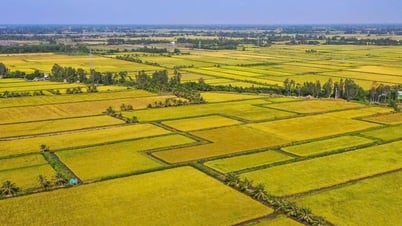





















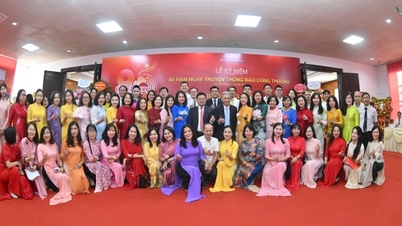


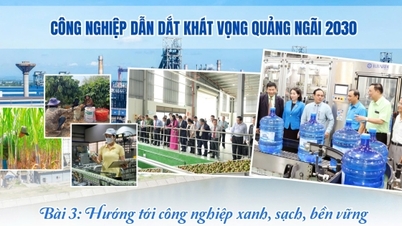
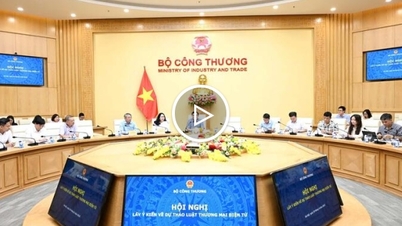












































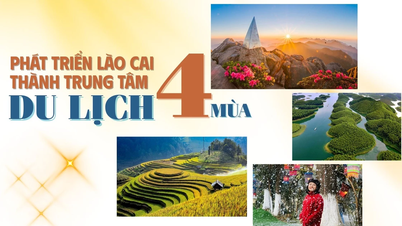

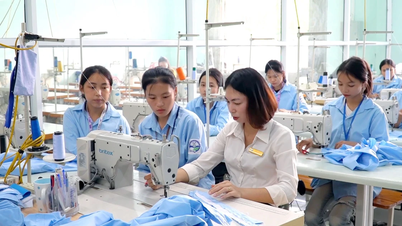
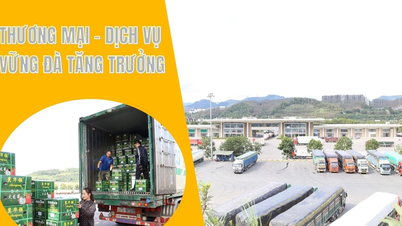
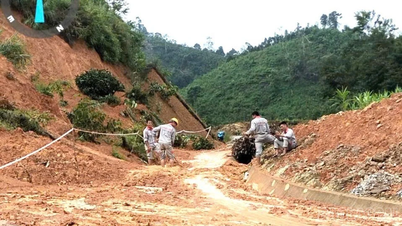
















Comment (0)